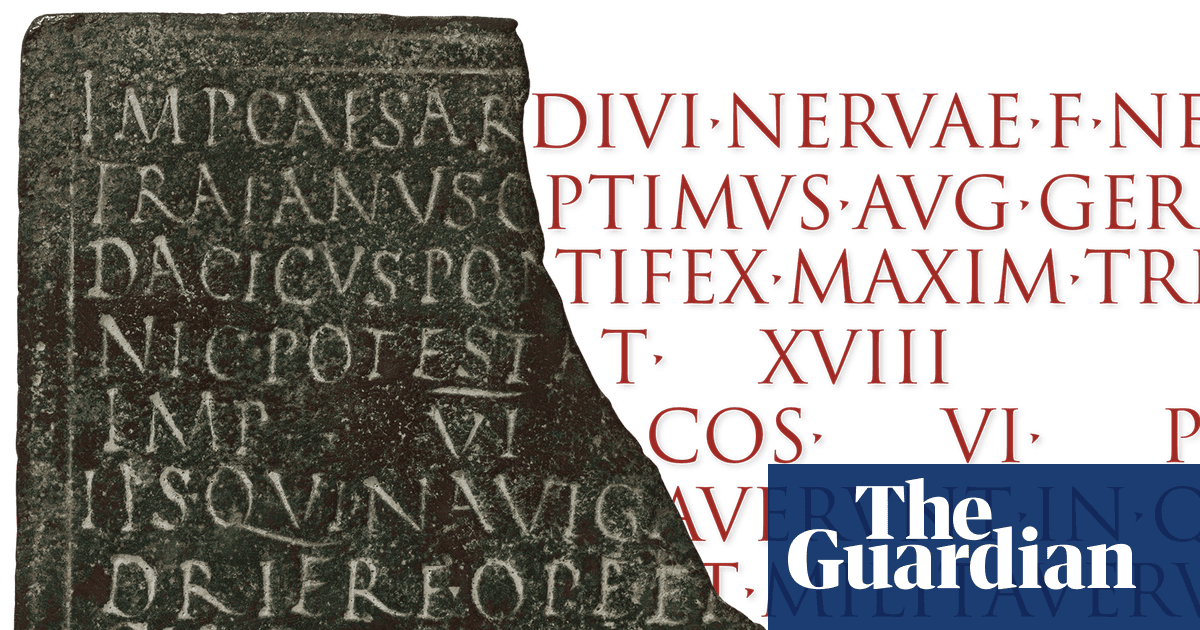
"The program predicts where and when inscriptions were made and makes suggestions where words are missing, transforming historians' work by identifying similar inscriptions."
"Aeneas helps historians interpret, attribute and restore fragmentary Latin texts, addressing the challenge posed by damaged and illegible inscriptions."
"Scholars estimate that about 1,500 new inscriptions are found every year, offering insights written by ancient people across all social classes."
"The tool, trained on a database of nearly 200,000 known inscriptions, addresses the problem of texts that are broken or ravaged by time."
Aeneas, an artificial intelligence tool developed by Google DeepMind, assists historians in interpreting and restoring fragmentary Latin inscriptions. It predicts the time and place of inscriptions, filling in missing words. Historians have reported that it significantly enhances their work by connecting similar inscriptions and providing contextual references. Inscriptions are vital historical records reflecting diverse social classes, and annually around 1,500 new inscriptions are discovered. Aeneas was created using a comprehensive database of nearly 200,000 known inscriptions to tackle the challenges posed by damaged texts and uncertain origins of inscribed objects.
Read at www.theguardian.com
Unable to calculate read time
Collection
[
|
...
]